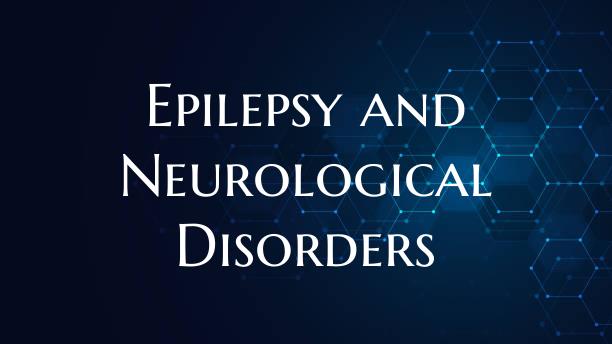
Epilepsy and Neurological Disorders
Epilepsy and Neurological Disorders: Understanding the Connection
Epilepsy is a neurological disorder characterized by abnormal brain activity that leads to recurrent seizures or periods of unusual behavior, sensations, and loss of awareness. It is just one of many different types of neurological disorders that affect the brain and nervous system. Understanding the connection between epilepsy and other neurological disorders is essential for providing proper care and support for individuals living with these conditions.
Neurological disorders encompass a wide range of conditions that affect the brain, spinal cord, and nerves throughout the body. These disorders can have various causes, including genetics, infections, traumatic injuries, and environmental factors. Epilepsy is a common neurological disorder that affects people of all ages and can have a significant impact on a person's quality of life.
One important aspect of understanding the connection between epilepsy and other neurological disorders is recognizing that individuals with epilepsy may also be at risk for other neurological conditions. For example, epilepsy is associated with an increased risk of developing cognitive and behavioral issues, such as memory problems, mood disorders, and learning difficulties. Additionally, some individuals with epilepsy may experience other neurological symptoms, such as headaches, sleep disturbances, and movement disorders.
Furthermore, epilepsy and other neurological disorders can often coexist, making diagnosis and treatment more complex. It is crucial for healthcare providers to consider the potential overlap between different neurological conditions when evaluating and managing patients with epilepsy. A multidisciplinary approach that involves neurologists, psychiatrists, neuropsychologists, and other specialists is typically necessary to provide comprehensive care for individuals with epilepsy and concurrent neurological disorders.
In conclusion, epilepsy is a neurological disorder that is closely linked to other neurological conditions. Understanding the connection between epilepsy and other neurological disorders is key to providing effective care and support for individuals affected by these conditions. By recognizing the complexities of these conditions and adopting a holistic approach to treatment, healthcare providers can help improve the quality of life for those living with epilepsy and other neurological disorders.